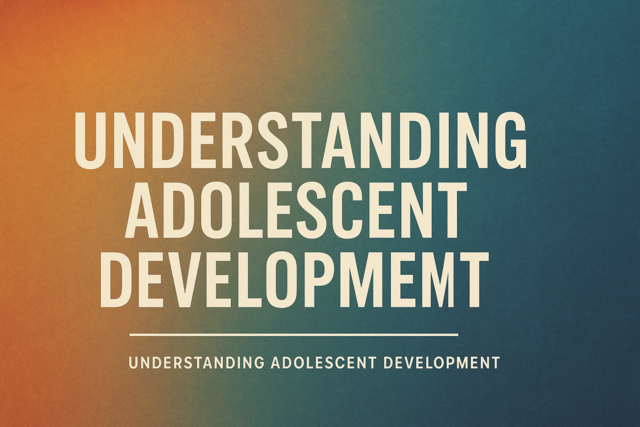Online Class: Education Policy and Reform — Impact and Implications

no certificate
with CEU Certificate*
-
15Lessons
-
22Exams &
Assignments -
3Hours
average time -
0.3CEUs
Course Description
In a world where education shapes not just minds but entire futures, understanding and influencing how it evolves is paramount. Imagine being at the forefront of this transformation, possessing the keys to unlock educational reforms that are equitable, inclusive, and effective. Welcome to "Education Policy and Reform: Impact and Implications," an extraordinary journey into the heart of education's dynamic landscape.
This isn't just another course; it's a transformative experience designed to equip you with the knowledge and insights to effect real change. Take a moment to envision the vast tapestry of education; it's woven from threads of history, culture, policy, and innovation. From ancient philosophies to today's digital revolution, education has always been a powerful catalyst for societal growth. By embarking on this course, you will grasp the intricate, historical threads of education, linking the past to transformative reforms in our modern interconnected world.
Politics and power consistently impact educational systems, from governance to grassroots levels. How do governments like that of Finland leverage resources to shape future generations? How can policy funding, similar to Title I initiatives in the USA, bridge inequities and uplift underserved areas? Through our exploration, you'll gain an insider's view of the mechanisms that drive educational equity, preparing you to advocate for and implement impactful reforms. Imagine having the ability to use these insights to initiate improvements in your community or even influence larger policy landscapes.
Globalization introduces compelling challenges and opportunities within education systems. Imagine the classroom as a convergence point of diverse cultures, facilitated by innovative approaches like the International Baccalaureate. Dive into the world of digital learning where every student not only accesses information but also gains global citizenship skills, essential for thriving in the modern job market. Through this understanding, you'll be adequately equipped to harness these opportunities wherever your career takes you.
As we carve paths toward equitable learning environments, this course illuminates inclusive education's promising and profound role. Discover how differentiated instruction and cultural competence can transform classrooms into spaces of understanding and engagement. You will learn not only to accommodate diverse student needs but to champion their success, impacting their lives positively and tangibly.
Does standardized testing measure all that it purports accurately? Here, you'll engage with both questions and answers, exploring innovative assessment methods such as portfolio reviews and adaptive technologies. Imagine being the educator, policy advocate, or academic trailblazer who pioneers these comprehensive assessment models, ensuring a more nuanced understanding of student achievement and potential.
Picture yourself creating immersive educational experiences using virtual and augmented realities, providing students with learning opportunities beyond traditional four walls, fostering deeper understanding and curiosity. Imagine the professional world welcoming you and your innovative approaches with open arms because you possess practical skills that outshine the typical candidate.
Equipped with current perspectives, you'll evaluate complex systems like teacher evaluations, scrutinizing their potential to support educator growth and student learning at a deeper level. Your insights into such policies will arm you with the tools to elevate educational quality, setting you apart as a thought leader in educational reform.
With these varied and rich insights, "Education Policy and Reform: Impact and Implications" stands apart, poised to not just inform but transform. Engage with passionate educators, policy experts, and thought leaders dedicated to educational equity, inclusivity, and innovative growth. This course offers a platform to refine your advocacy, enhance your skills, and genuinely impact the educational landscapes you encounter.
Now, envision emerging from this journey not only as a learner but a change-maker equipped with unparalleled knowledge and inspiration. Are you ready to seize this opportunity, use your voice, and affect education on a scale you once only dreamed of? Enroll now, and begin your path to impact, understanding, and extraordinary possibilities in education's ever-unfolding story.
- Completely Online
- Self-Paced
- 6 Months to Complete
- 24/7 Availability
- Start Anytime
- PC & Mac Compatible
- Android & iOS Friendly
- Accredited CEUs

Course Lessons
Lesson 1. Education: A Historical Tapestry Intertwined with Society's Progress
Education's evolution from ancient civilizations to today's digital age reflects deep-rooted traditions and contemporary innovations, highlighting structured schooling's enduring impact on societal progress. By understanding historical educational philosophies, learners gain insight into modern reforms needed to ensure inclusivity and equality in an interconnected world.Lesson 2. Duties and Dynamics: Government's Role in Education
Leveraging significant funding, such as in Finland, governments enhance educational equity and quality, bridging gaps in underserved areas by providing essential resources. Policy interventions like Title I funding in the USA demonstrate targeted efforts to overcome disparities and improve educational outcomes.Lesson 3. Bridging Cultures through Globalization in Education: Opportunities and Challenges
As societies become more integrated, educational institutions are adopting intercultural programs like the International Baccalaureate to promote critical thinking and global citizenship. The rise of digital learning further democratizes education, while competency-based models emphasize practical skills essential in the global job market.Lesson 4. Paving the Path for Equitable Learning Environments
Inclusive education policies aim to create supportive and collaborative learning environments that accommodate diverse student needs, ensuring equitable access to quality resources. Initiatives like differentiated instruction and cultural competence training for teachers enhance student engagement and understanding, paving the way for a more inclusive educational experience.Lesson 5. Choice in Education: Dynamics and Impacts
School choice, with options like charter schools and vouchers, is reshaping educational landscapes by offering alternatives to traditional public schooling, spurring debates on its impacts on equity and quality. While it fosters competition potentially elevating educational standards, challenges like segregation and unequal access remain crucial issues demanding nuanced solutions.Lesson 6. Standardized Testing: Measures, Challenges, and Innovations
Standardized testing, once a staple in education, now stands at the crossroads of tradition and innovation, stirring debate among educators and policymakers. Strategies integrating formative assessment, portfolio reviews, and adaptive learning technologies promise a more comprehensive approach to understanding student achievements and potential.Lesson 7. Immersive Education with VR and AR
Virtual and augmented reality make learning immersive, enabling students to explore concepts in depth and overcome limitations of physical field trips. Such technologies enhance comprehension and accessibility, providing experiential learning for subjects requiring visual understanding.Lesson 8. From Checklists to Complex Systems: The Transformation of Teacher Evaluation
The transformation of teacher evaluations reflects a broader trend toward accountability and educational quality enhancement. By adopting data-driven, nuanced assessment systems, education policies aim to support teacher development while enhancing student learning experiences.Lesson 9. Lessons from the Past: Political Forces Shaping Education
Progressive ideologies have challenged traditional education models, promoting experiential and student-centered learning to foster critical thinking. This shift away from rote memorization has paved the way for new educational methodologies prioritizing holistic student development.Lesson 10. Educational Evolution: Public and Private Schools
Public schools symbolize democratic ideals by ensuring inclusive education irrespective of socioeconomic status, though disparities persist due to funding models reliant on property taxes, whereas private schools leverage tuition and endowments to maintain flexible, often elite learning environments. The debate on educational equity permeates school choice discussions, highlighting the potential for resource diversion from public institutions and necessitating careful policy contemplation to enhance educational opportunity inclusivity.Lesson 11. Bridging the Gap: Lessons from Global and Historical Educational Reforms
Globally, countries mirror the U.S. struggles with apartheid and resource distribution, highlighting persistent educational inequities. Modern policies now emphasize inclusivity and holistic approaches, integrating cultural, emotional, and community engagement elements for comprehensive interventions.Lesson 12. Reimagining Education: The Role of Innovation in Modern Curriculum
In modern education, innovation is crucial for adapting to diverse learning needs, integrating digital tools to foster immersive learning experiences. Personalization through adaptive technologies tailors lessons, enabling effective mastery at individual paces while project-based and competency-based models enhance real-world skills and equitable access.Lesson 13. Public vs. Private: Debating the Roots of Educational Funding
Private funding allows for autonomous school operation and specialized curricula, often excelling in certain areas, but critics argue it deepens socio-economic educational divides. Finland’s reform to prioritize public education eliminated most private schools to level opportunities, setting a high-achieving global benchmark.Lesson 14. Bilingual and Cultural Programs: A Necessity and a Celebration
Bilingual programs in diverse areas help maintain heritage languages and improve language acquisition through strong partnerships with cultural organizations. This dual approach, as seen in Southern California, empowers students to honor their roots while excelling in new linguistic environments.Lesson 15. Bridging Gaps with Tech: Inclusivity in Modern Education
With its ability to customize learning experiences, AI promotes inclusivity by catering to individual student needs, enhancing understanding. Concurrently, policy shifts focusing on infrastructure and teacher training are crucial for the successful implementation of these technologies.
Learning Outcomes
- Analyze the historical evolution of educational systems to evaluate the influence of ancient civilizations on contemporary education models and methodologies.
- Identify key educational philosophies from ancient Greece and Rome that continue to shape modern teaching practices, demonstrating their relevance in current educational strategies.
- Describe the impact of funding allocation in educational reform, with emphasis on how countries like Finland and Canada have achieved superior outcomes through strategic investment.
- Identify the key strategies employed by governments in policy formulation for education reform, including examples from countries like New Zealand and Canada.
- Analyze how technological advancements, such as online platforms and digital tools, enhance accessibility and flexibility in global education systems.
- Explain the role of educational policies in balancing global competencies with the preservation of cultural identities within curricula.
- Demonstrate an understanding of equity in curriculum design by implementing practical strategies to adapt teaching materials for diverse cultural and socio-economic backgrounds.
- Describe the role of technology in promoting equitable access to education, using specific examples like adaptive learning resources and digital literacy initiatives.
- Analyze the impact of school choice on educational equity, considering socioeconomic factors, funding disparities, and access challenges for diverse learner populations.
- Define the key characteristics and motivations behind different school choice options, such as charter schools, voucher programs, and magnet schools.
- Demonstrate an understanding of the impact of standardized testing on educational policy and practice by discussing both its benefits and drawbacks.
- Identify and evaluate alternative assessment methods that complement standardized tests, focusing on their potential to provide a more holistic view of student learning.
- Demonstrate the ability to utilize AI-driven adaptive learning systems to create personalized educational experiences that address individual student's needs and challenges.
- Demonstrate mastery of lesson content at levels of 70% or higher.
Additional Course Information

- Document Your Lifelong Learning Achievements
- Earn an Official Certificate Documenting Course Hours and CEUs
- Verify Your Certificate with a Unique Serial Number Online
- View and Share Your Certificate Online or Download/Print as PDF
- Display Your Certificate on Your Resume and Promote Your Achievements Using Social Media

Choose Your Subscription Plan
No Certificate / No CEUs
This course only
| Includes certificate | X |
| Includes CEUs | X |
| Self-paced |

|
| Instructor support |

|
| Time to complete | 6 months |
| No. of courses | 1 course |
Certificate & CEUs
This course only
| Includes certificate |

|
| Includes CEUs |

|
| Self-paced |

|
| Instructor support |

|
| Time to complete | 6 months |
| No. of courses | 1 course |
Certificates & CEUs
Includes all 600+ courses
| Includes certificate |

|
| Includes CEUs |

|
| Self-paced |

|
| Instructor support |

|
| Time to complete | 12 Months |
| No. of courses | 600+ |
Certificates & CEUs
Includes all 600+ courses
| Includes certificate |

|
| Includes CEUs |

|
| Self-paced |

|
| Instructor support |

|
| Time to complete | 24 Months |
| No. of courses | 600+ |
Related Courses
-
 7 hours
0.7 CEUs
Exquisite Ensembles: Curating a Modern Luxury Wardrobe
+ More Info
7 hours
0.7 CEUs
Exquisite Ensembles: Curating a Modern Luxury Wardrobe
+ More Info
-
 5 hours
0.5 CEUs
The Compassionate Family: Building Empathy Through Generations
+ More Info
5 hours
0.5 CEUs
The Compassionate Family: Building Empathy Through Generations
+ More Info
-
 5 hours
0.5 CEUs
Metaphysical Realms: A Journey Beyond
+ More Info
5 hours
0.5 CEUs
Metaphysical Realms: A Journey Beyond
+ More Info
-
 6 hours
0.6 CEUs
Spirit World: Communicating Beyond the Veil
+ More Info
6 hours
0.6 CEUs
Spirit World: Communicating Beyond the Veil
+ More Info
-
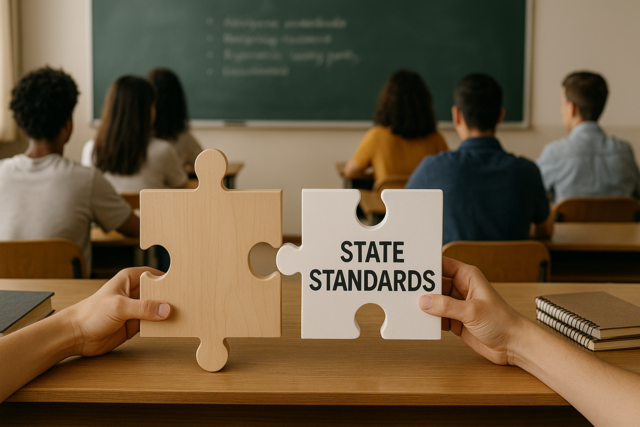 7 hours
0.7 CEUs
Aligning Curriculum with State Standards
+ More Info
7 hours
0.7 CEUs
Aligning Curriculum with State Standards
+ More Info
-
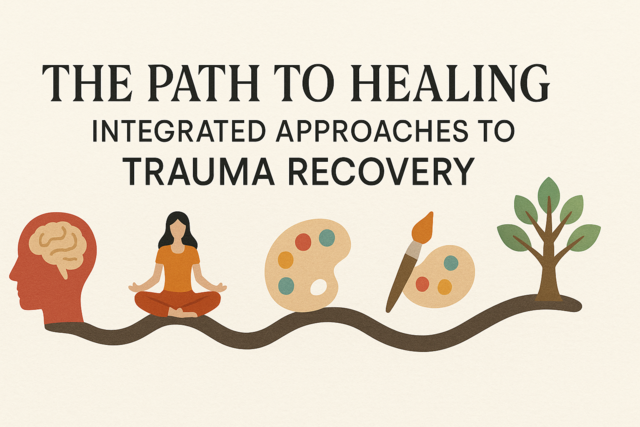 5 hours
0.5 CEUs
The Path to Healing: Integrated Approaches to Trauma Recovery
+ More Info
5 hours
0.5 CEUs
The Path to Healing: Integrated Approaches to Trauma Recovery
+ More Info
-
 5 hours
0.5 CEUs
Personal Hygiene and Grooming Essentials
+ More Info
5 hours
0.5 CEUs
Personal Hygiene and Grooming Essentials
+ More Info
-
 3 hours
0.3 CEUs
The Science of Happiness in Family Life
+ More Info
3 hours
0.3 CEUs
The Science of Happiness in Family Life
+ More Info
-
 6 hours
0.6 CEUs
The Influence Index: How Environment Shapes Relationships
+ More Info
6 hours
0.6 CEUs
The Influence Index: How Environment Shapes Relationships
+ More Info
-
 3 hours
0.3 CEUs
Dapper & Distinguished: Men's Fashion Essentials
+ More Info
3 hours
0.3 CEUs
Dapper & Distinguished: Men's Fashion Essentials
+ More Info
-
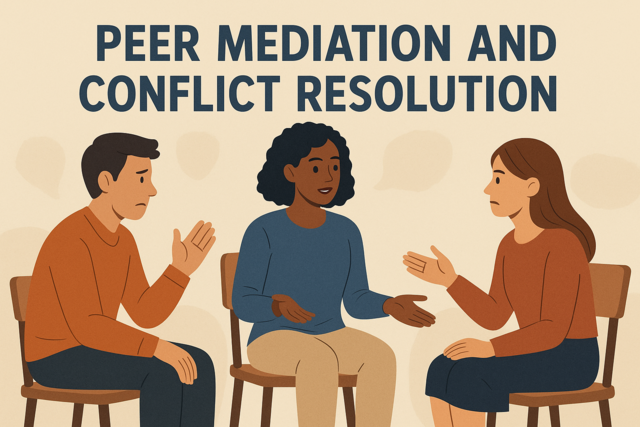 6 hours
0.6 CEUs
Peer Mediation and Conflict Resolution
+ More Info
6 hours
0.6 CEUs
Peer Mediation and Conflict Resolution
+ More Info
-
 4 hours
0.4 CEUs
Astrology for Personal Growth
+ More Info
4 hours
0.4 CEUs
Astrology for Personal Growth
+ More Info
-
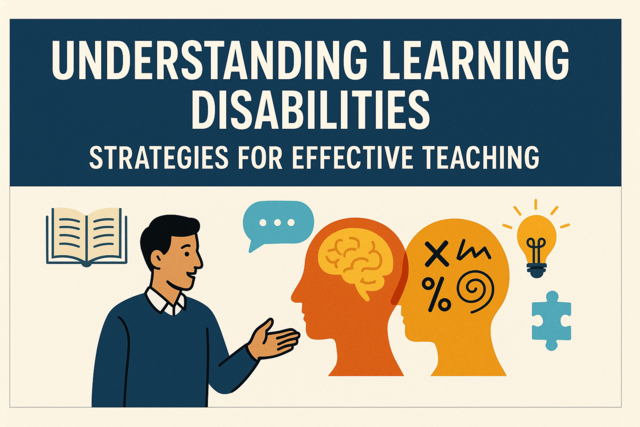 7 hours
0.7 CEUs
Understanding Learning Disabilities: Strategies for Effective Teaching
+ More Info
7 hours
0.7 CEUs
Understanding Learning Disabilities: Strategies for Effective Teaching
+ More Info
-
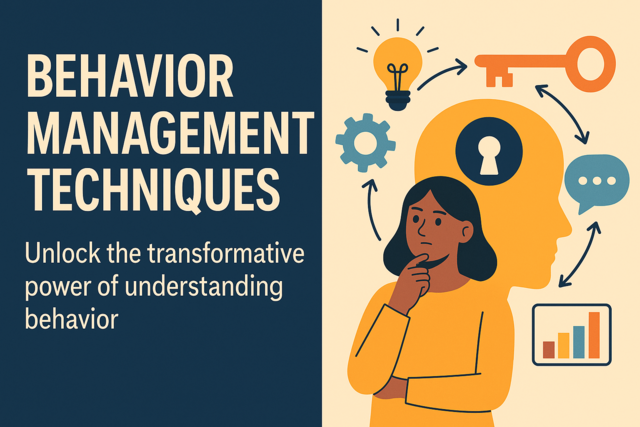 6 hours
0.6 CEUs
Behavior Management Techniques
+ More Info
6 hours
0.6 CEUs
Behavior Management Techniques
+ More Info
-
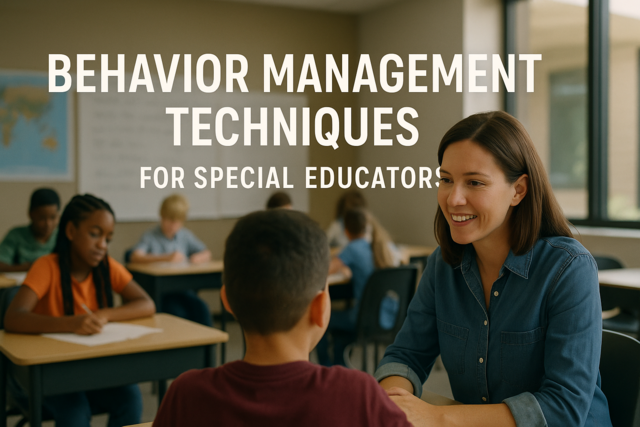 7 hours
0.7 CEUs
Behavior Management Techniques for Special Educators
+ More Info
7 hours
0.7 CEUs
Behavior Management Techniques for Special Educators
+ More Info
-
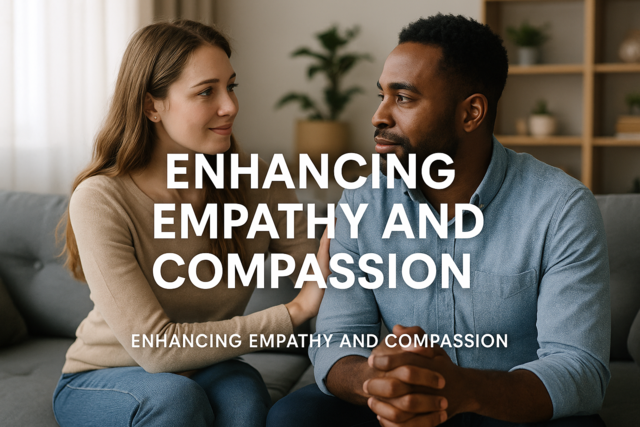 7 hours
0.7 CEUs
Enhancing Empathy and Compassion
+ More Info
7 hours
0.7 CEUs
Enhancing Empathy and Compassion
+ More Info
-
 5 hours
0.5 CEUs
Advanced Pedagogical Techniques
+ More Info
5 hours
0.5 CEUs
Advanced Pedagogical Techniques
+ More Info
-
 5 hours
0.5 CEUs
The Strangeness of Human Consciousness
+ More Info
5 hours
0.5 CEUs
The Strangeness of Human Consciousness
+ More Info
-
 6 hours
0.6 CEUs
Supporting Students with Special Needs
+ More Info
6 hours
0.6 CEUs
Supporting Students with Special Needs
+ More Info
-
 6 hours
0.6 CEUs
Cryptids: Creatures of Folklore and Reality
+ More Info
6 hours
0.6 CEUs
Cryptids: Creatures of Folklore and Reality
+ More Info
-
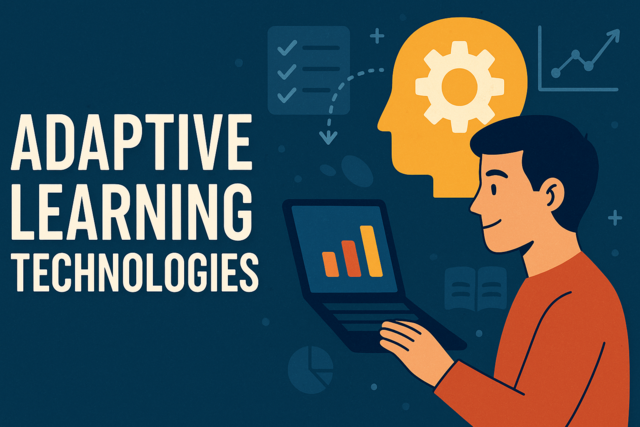 6 hours
0.6 CEUs
Adaptive Learning Technologies
+ More Info
6 hours
0.6 CEUs
Adaptive Learning Technologies
+ More Info
-
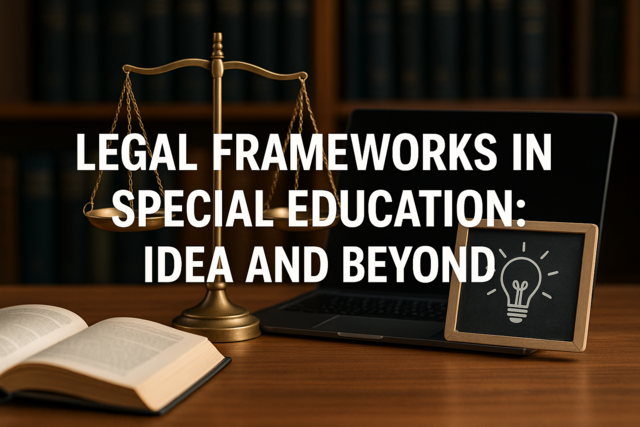 7 hours
0.7 CEUs
Legal Frameworks in Special Education: IDEA and Beyond
+ More Info
7 hours
0.7 CEUs
Legal Frameworks in Special Education: IDEA and Beyond
+ More Info
-
 7 hours
0.7 CEUs
Vintage Visions: Integrating Past Styles in Modern Luxury
+ More Info
7 hours
0.7 CEUs
Vintage Visions: Integrating Past Styles in Modern Luxury
+ More Info
-
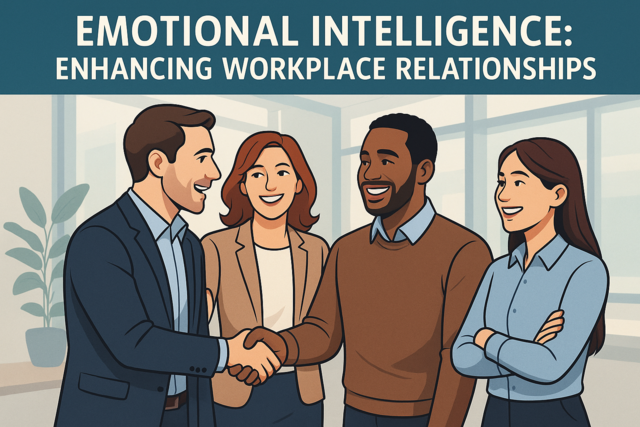 7 hours
0.7 CEUs
Emotional Intelligence: Enhancing Workplace Relationships
+ More Info
7 hours
0.7 CEUs
Emotional Intelligence: Enhancing Workplace Relationships
+ More Info
-
 5 hours
0.5 CEUs
Mindful Mornings for Relationship Resilience
+ More Info
5 hours
0.5 CEUs
Mindful Mornings for Relationship Resilience
+ More Info
-
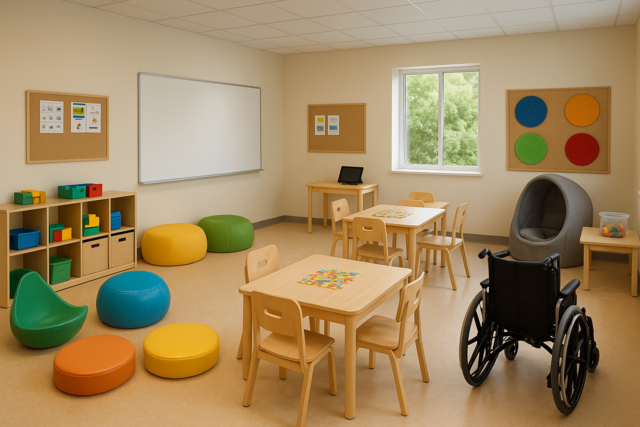 7 hours
0.7 CEUs
Classroom Design and Environment for Special Needs Students
+ More Info
7 hours
0.7 CEUs
Classroom Design and Environment for Special Needs Students
+ More Info
-
 5 hours
0.5 CEUs
Advanced Excel for Data Management
+ More Info
5 hours
0.5 CEUs
Advanced Excel for Data Management
+ More Info
-
 6 hours
0.6 CEUs
Conflict Resolution and Negotiation
+ More Info
6 hours
0.6 CEUs
Conflict Resolution and Negotiation
+ More Info
-
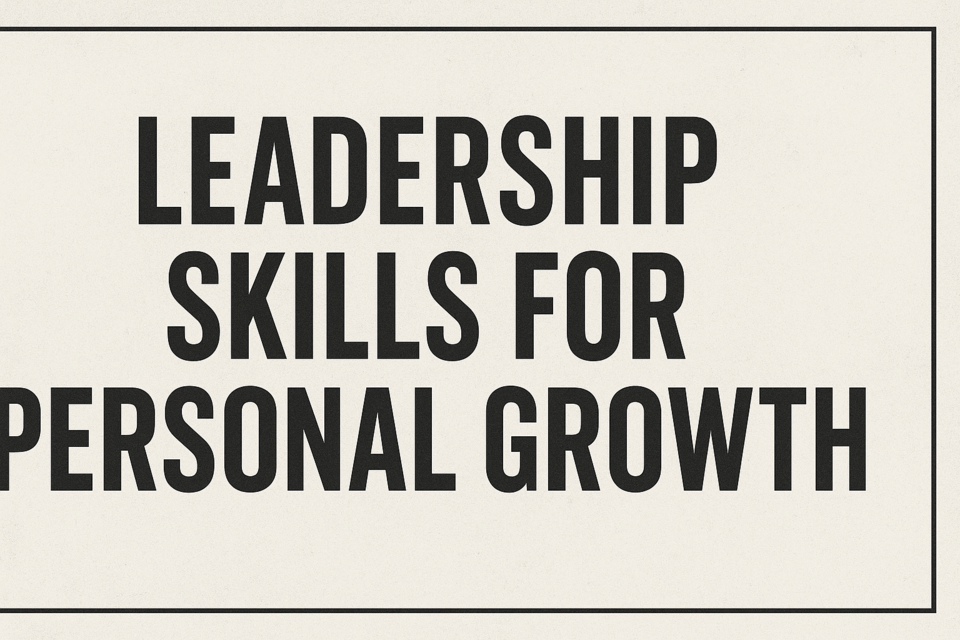 4 hours
0.4 CEUs
Leadership Skills for Personal Growth
+ More Info
4 hours
0.4 CEUs
Leadership Skills for Personal Growth
+ More Info
-
 4 hours
0.4 CEUs
Leadership Skills for Emerging Leaders
+ More Info
4 hours
0.4 CEUs
Leadership Skills for Emerging Leaders
+ More Info
-
 3 hours
0.3 CEUs
Agile and Scrum Fundamentals
+ More Info
3 hours
0.3 CEUs
Agile and Scrum Fundamentals
+ More Info
-
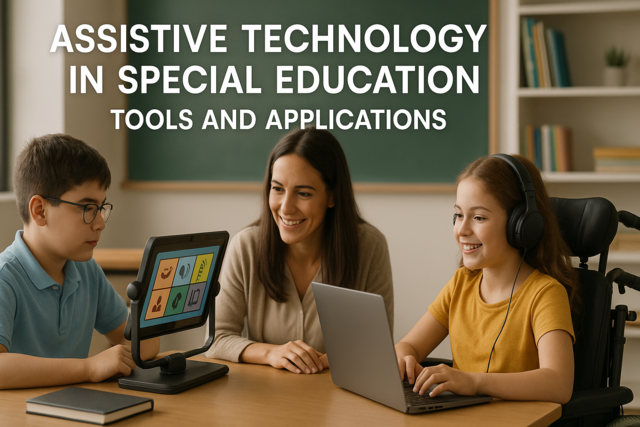 6 hours
0.6 CEUs
Assistive Technology in Special Education: Tools and Applications
+ More Info
6 hours
0.6 CEUs
Assistive Technology in Special Education: Tools and Applications
+ More Info
-
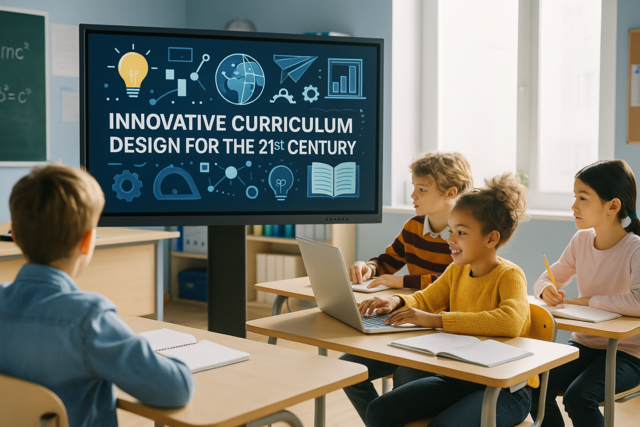 4 hours
0.4 CEUs
Innovative Curriculum Design for the 21st Century
+ More Info
4 hours
0.4 CEUs
Innovative Curriculum Design for the 21st Century
+ More Info
-
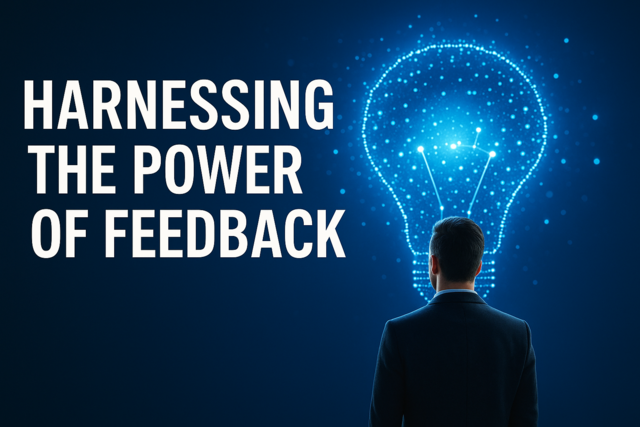 5 hours
0.5 CEUs
Harnessing the Power of Feedback
+ More Info
5 hours
0.5 CEUs
Harnessing the Power of Feedback
+ More Info
-
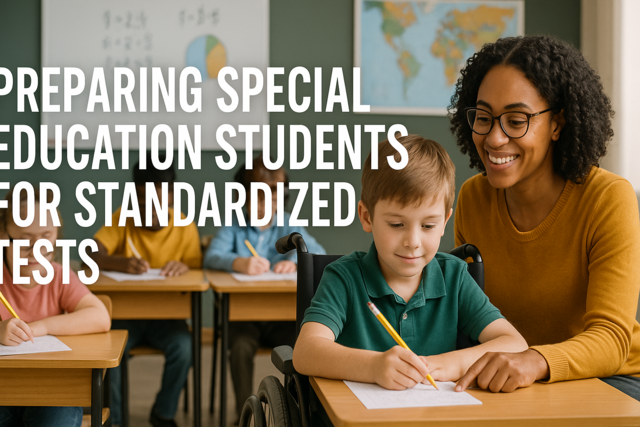 3 hours
0.3 CEUs
Preparing Special Education Students for Standardized Tests
+ More Info
3 hours
0.3 CEUs
Preparing Special Education Students for Standardized Tests
+ More Info
-
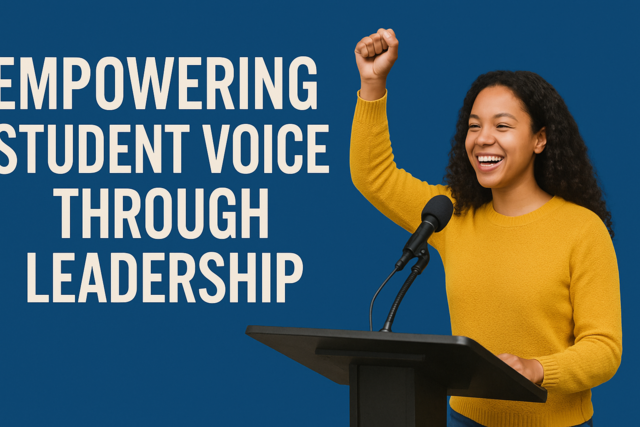 5 hours
0.5 CEUs
Empowering Student Voice through Leadership
+ More Info
5 hours
0.5 CEUs
Empowering Student Voice through Leadership
+ More Info
-
 3 hours
0.3 CEUs
The Role of Peer Support in Trauma Recovery: Building Community and Resilience
+ More Info
3 hours
0.3 CEUs
The Role of Peer Support in Trauma Recovery: Building Community and Resilience
+ More Info
-
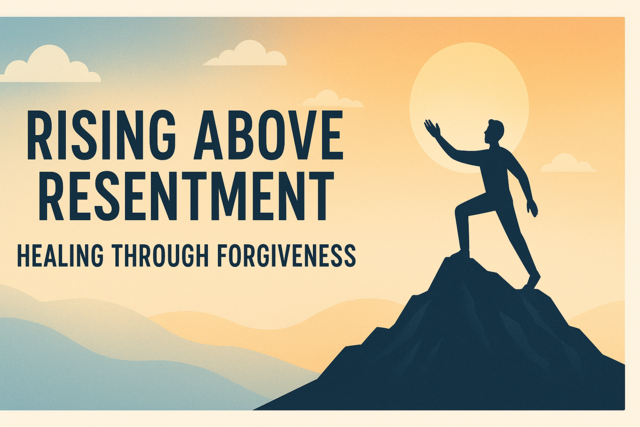 4 hours
0.4 CEUs
Rising Above Resentment: Healing Through Forgiveness
+ More Info
4 hours
0.4 CEUs
Rising Above Resentment: Healing Through Forgiveness
+ More Info



